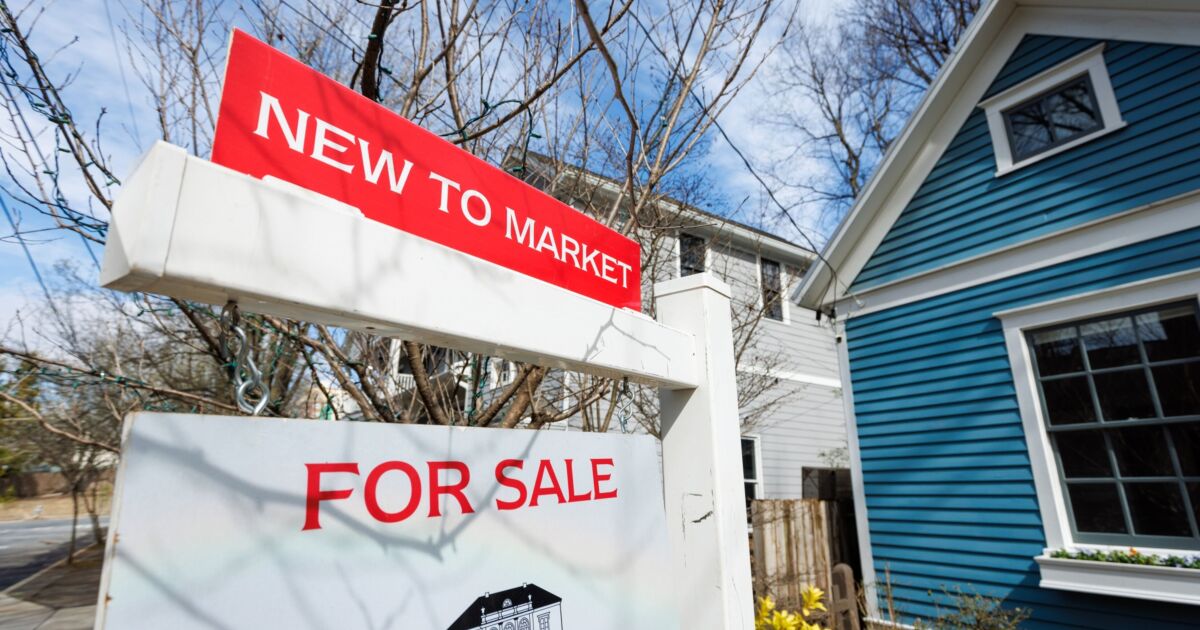
Real estate agents see a promising start to spring buying season, but whether it favors buyers or sellers is up for debate.
March sales activity in the U.S. increased from the same month one year ago, according to The Real Brokerage's transaction growth index with the score improving to 50.8 from 49.4 in February. A reading above 50 indicates higher sales.
Overall, 45% of all agents from both the U.S. and Canada
Real's findings of agent sentiment was unchanged from February but remained close to its highest monthly mark since data was first published in early 2024. Forty-six percent expressed general optimism about the housing market over the next 12 months, while another 23% were significantly more enthusiastic. Only 9% felt increased pessimism, and sentiment was unchanged among the remaining 22%.
"While tariffs and fiscal policy have dominated headlines, our agents on the ground are seeing signs that the housing recovery may be more resilient than expected," said Real Chairman and CEO Tamir Poleg, in a press release.
Yet, the spike in March activity might not portend a drawn-out trend if it is ultimately the result of tariff worries causing buyers to act sooner rather than later.
Economic uncertainty guiding buyer behavior
The threat of tariffs and economic contraction are already creeping into decision-making, with 25% of agents in Real's survey noticing a "significant" effect on clients, who are pausing, accelerating or otherwise changing buying or selling plans. Over half, or 52%, reported a more moderate change in behavior, as they field more questions.
Close to half, or 48%, cited affordability as the biggest obstacle for buyers in March, with 21% reporting economic uncertainty. The latter share has more than doubled since January.
Home buyers are more price sensitive, agents reported. Thirty-seven percent said customers were requesting seller concessions, while more than one-third, or 34%, also found clients were reducing budgets.
The share of respondents rating it a better market for buyers surpassed the percentage favoring sellers for the first time in survey history last month. More than one-third, or 35% expressed the former view in March, with 32% maintained sellers had the upper hand.
"This spring, we're seeing a clear shift: buyers now have more negotiating power, and sellers are showing increased flexibility on pricing and concessions," said Real President Sharran Srivatsaa. "It's a reflection of how both sides are adjusting to current market conditions after a period of historically low transaction activity."
Real's findings contrasted with a recent survey of likely American home sellers by Realtor.com, which found a clear majority expecting
Landing squarely on Real's side was Redfin, whose first-quarter analysis also found the market shifting to buyers. Redfin's research, which covered the entire period from January to March, determined over 44.4% of sellers offering in the first three months of 2025. The number was up from 39.3% one year earlier.



